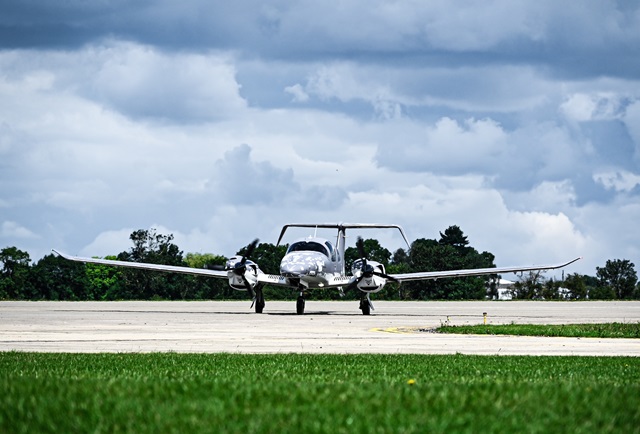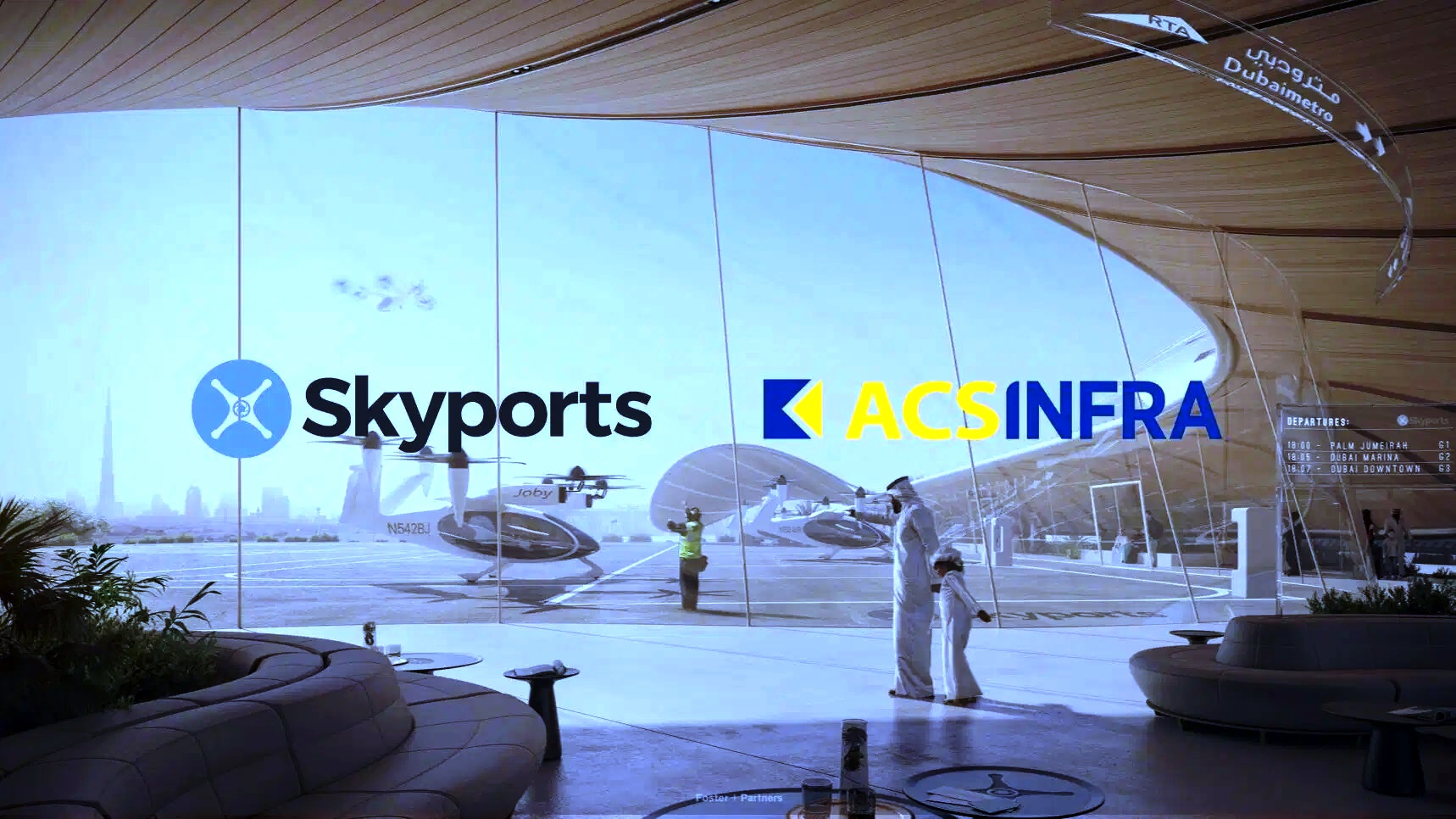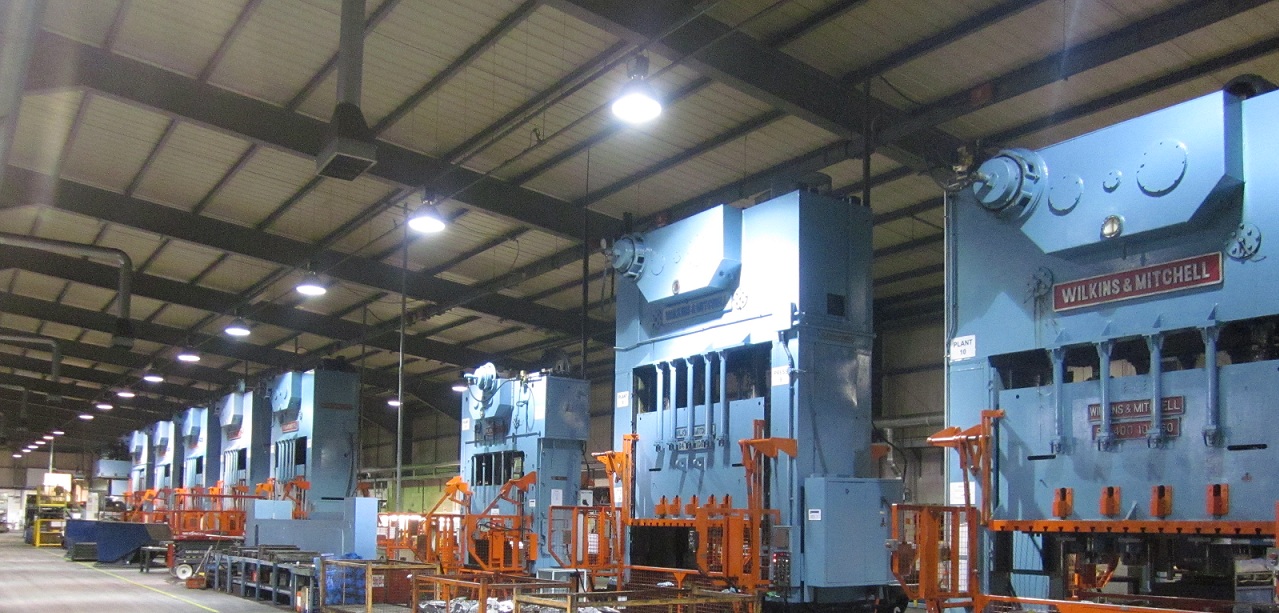Inmarsat's GX Aviation certified for A320 by EASA

The Supplemental Type Certificate (STC) authorises GX Aviation’s Ka-band antenna to be installed on Airbus A319, A320 and A321 aircraft, which form the backbone for around half of the world’s aircraft fleets. In total, more than 6,500 Airbus A320 family aircraft are currently in operation, representing over three quarters of the overall Airbus aircraft currently being flown worldwide.
Inmarsat’s partner Lufthansa Technik obtained the STC after its design team developed a highly efficient installation process that includes all required electrical modifications inside and outside the aircraft fuselage. Installation can be completed within only four days or during regular maintenance schedules, with components integrated into the cabin infrastructure in such a way that they are virtually invisible to passengers and easy to operate by cabin crew.

Above:
An Airbus A319 aircraft with the radome installation completed for Inmarsat’s GX Aviation service.
Inmarsat secured a contract in October 2015 to provide GX Aviation on Lufthansa’s European continental fleet of over 150 aircraft, with additional Lufthansa Group aircraft being added in due course. After obtaining the STC, the first of these aircraft is expected to offer the service in October this year and Lufthansa’s entire A320 fleet is scheduled to have the technology installed by mid-2018.
GX Aviation is the world’s first in-flight broadband solution with seamless global coverage, delivered through a single operator. It will allow Lufthansa’s European passengers to browse the internet, watch videos, connect to their company’s Virtual Private Network (VPN), download files and more, with a similar quality of fast and reliable connectivity as they receive on the ground.
Leo Mondale, President of Inmarsat Aviation, said: “GX Aviation is a game-changer that trumps all other connectivity solutions in the market today, allowing airlines to significantly enhance their passenger experience and gain a valuable competitive advantage. EASA’s certification is an important milestone towards the service launch this year, as the A320 family is a popular workhorse for many airlines, business aviation operators and aircraft lessors. In addition, single-aisle aircraft as a whole are expected to account for 70% of new deliveries over the next 20 years. This highlights the vast market opportunities opened by this STC, especially as Inmarsat is positioned as the only provider that can serve A320 aircraft on a global basis throughout their lifecycle.
“It is also concrete evidence of the service’s growing maturity. We have developed GX Aviation over the past five years as the only end-to-end solution in which every component, from the satellites, ground network and terminals to the cabin networks, internet features and support, has been engineered with mobility in mind to provide a high quality experience for airline passengers. With all key components now in place, we are in the final stages of testing and as a single network operator, we can commit to a uniform high quality of service wherever the aircraft may go.”
The GX mobile satellite network entered commercial service in December 2015, providing seamless global coverage. Inmarsat has reinforced its commitment to building additional network capacity, with plans already announced to increase its dedicated Ka-band payloads to seven.
Airlines will connect to the GX network using next-generation JetWave terminals produced by Inmarsat partner Honeywell Aerospace, with over 300 aircraft already committed to the system and more to come. The exclusive new terminals are designed for ease of installation and maintenance to assure the lowest downtime for any cabin connectivity solution in the market, allowing installation with minimal labour and using standard tools available in maintenance hangars.
JetWave has been fully optimised to deliver full performance across Inmarsat’s coverage of almost every airline route in the world, including at northern and southern latitudes above 40⁰, where competing terminals see substantial performance deterioration, and even service outages. In addition, it is the only aircraft terminal to include dual receivers, enabling critical ‘make before break’ handoffs between satellite beams. Other solutions have built-in outages every time a terminal needs to be handed off, adding significant service interruption and downtime for users.
The latest STC, which follows certification for GX Aviation on the Boeing 757 and Bombardier Global 5000 and 6000 aircraft, has also highlighted the success of a long-term partnership established between Inmarsat, Lufthansa Technik and Lufthansa Systems. The companies have combined their market-leading capabilities to provide Lufthansa with a multifunctional, end-to-end connectivity solution that will enhance the airline’s passenger experience and brand value.
Lufthansa Technik is responsible for installing the systems and components required for GX Aviation on Lufthansa aircraft, as well as the required work for aeronautical and statutory regulations. In addition, Lufthansa Systems makes the required infrastructure available onboard the aircraft and provides the innovative FlyNet portal for passengers based on its BoardConnect product line.
“Other airlines can also benefit from this partnership solution,” added Mondale. “It offers today’s passengers what they want – connectivity, content and services on their own wi-fi devices – and complements the aviation industry’s current in-flight entertainment model, which is often impacted by obsolete technology that delivers dated content with high installation and operational costs.”
















